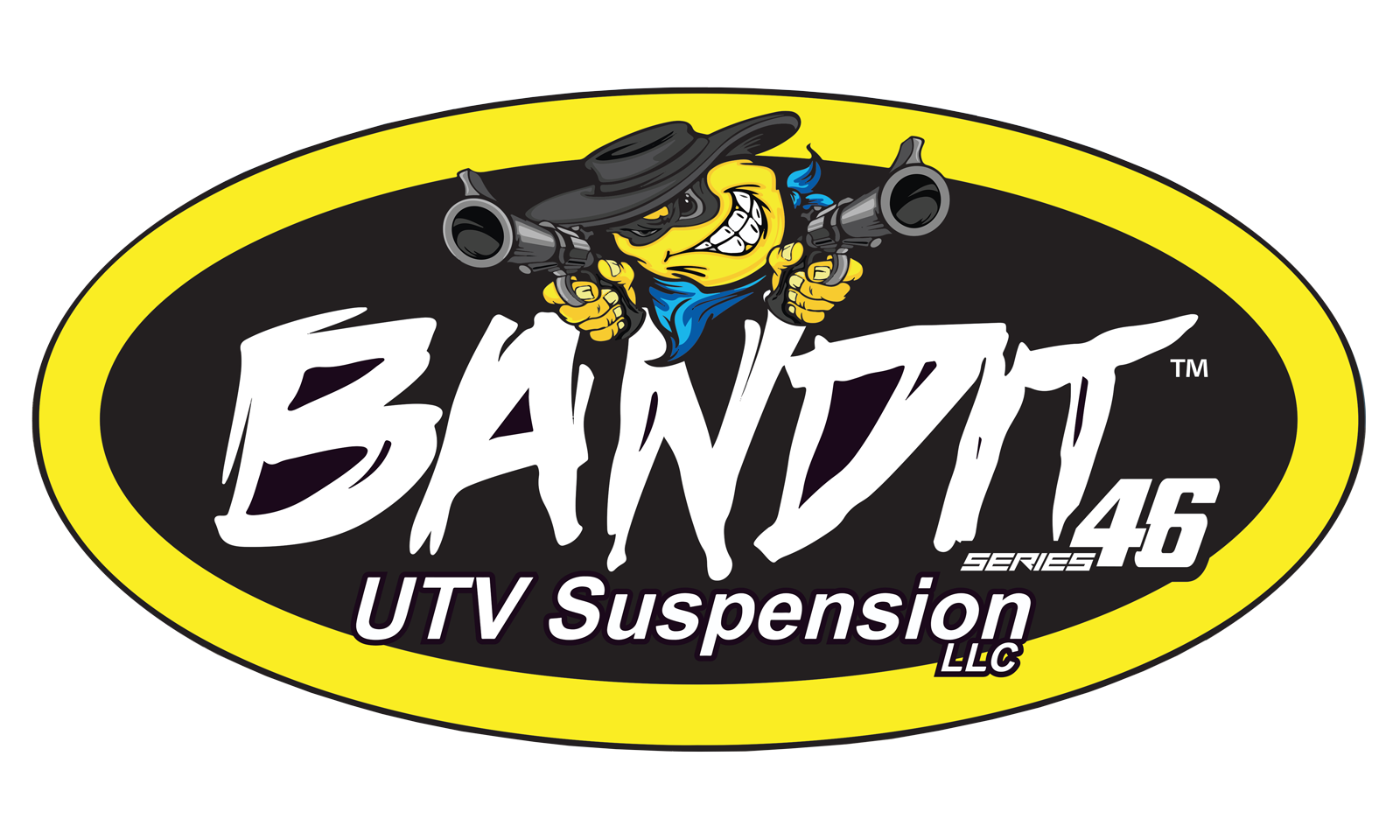Do lift kits make utv's ride harsher?
- Bandit UTV Suspension
- Jun 20, 2025
- 3 min read
Updated: Sep 2, 2025
Do Lift Kits Make UTVs Ride Harsher? Here’s What You Need to Know
Lift kits are among the most popular upgrades in the UTV world. They provide your rig with more ground clearance, room for larger tires, and an aggressive stance that looks ready for anything. However, once that new kit is installed and the first ride begins, many owners notice something else: the ride feels stiffer, harsher, and less forgiving.

So what’s going on? Are lift kits the culprit?
The Short Answer: Yes, Lift Kits Can Make the Ride Harsher
Not all lift kits are created equal, and not all UTVs will react the same way. However, in general, most lift kits—especially the more affordable bracket-style ones—can lead to a harsher, less comfortable ride. Let’s explore why this happens.
1. Altered Suspension Geometry
UTVs are designed with very specific suspension geometry. Control arm angles, shock travel, and wheel articulation work together to provide a balanced, comfortable ride.
A lift kit changes that.
Bracket lifts move the shock mounting points, altering the angle of the A-arms.
This can reduce effective travel and compress the shocks beyond their optimal operating range.
The result? A stiffer ride and more abrupt impacts over rough terrain.
2. Limited Suspension Travel
One of the biggest downsides of many lift kits is that they reduce usable suspension travel.
When the suspension is lifted without increasing shock length or articulation, you often end up with:
Less droop travel (the suspension’s ability to extend downward).
Quicker bottom-outs on big hits.
More topping out over small bumps.
This lack of movement makes the suspension feel rigid and more likely to transmit shock directly into the frame—and ultimately, your body.

3. Shock Absorber Limitations
Most stock shocks are tuned for factory ride height and geometry. Lifting your UTV increases the demands on those shocks.
Without upgrading to longer or adjustable shocks, the ride quality takes a hit.
The shocks may not rebound fast enough or could bottom out more easily.
Overworked shocks tend to fail faster and perform worse, especially on rough trails.
4. Bigger Tires, Bigger Problems
Lift kits usually go hand-in-hand with oversized tires. While this helps with ground clearance and traction, it can also stiffen the ride.
Larger tires typically have less sidewall flex, especially if they're designed for extreme off-roading.
More aggressive tread patterns can transmit more vibration and noise through the chassis.
Combined with a lift kit, these tires often amplify the rougher ride characteristics.
5. Increased Wear and Tear
While not directly related to harshness, it's worth noting: lift kits increase stress on your suspension, steering, and driveline components. If the geometry isn’t corrected with upgraded arms, axles, or bushings, things can wear out faster—causing ride quality to deteriorate even further.
Can You Avoid the Harsh Ride?
Yes, if you do it right.
Upgrade Your Shocks
Use longer or re-valved shocks made to handle the new ride height.
Consider adjustable shocks so you can dial in damping for comfort.
Balance Tire Selection
Don’t just go bigger—go smarter.
Choose tires with enough sidewall flex to cushion the ride without sacrificing durability.

Understanding the Impact of Lift Kits on Ride Quality
Lift kits can significantly alter the dynamics of your UTV. Understanding how they affect ride quality is crucial for making informed decisions.
The Importance of Proper Installation
Proper installation of lift kits is essential. Misalignment can lead to further complications.
Ensure that all components are installed according to manufacturer specifications.
Regularly check for any signs of wear or misalignment.
Testing Different Configurations
Experimenting with different configurations can help you find the right balance.
Test various shock settings.
Try different tire pressures to see how they affect ride quality.
Final Thoughts
Lift kits can be a game-changer for ground clearance and aggressive looks—but they come at a cost, especially in ride comfort. If you value a plush ride over extreme height, consider progressive spring setups with upgraded shocks.
Proper geometry, quality components, and smart tuning can reduce—or even eliminate—the harshness most people associate with lifted UTVs.
Have you noticed a rougher ride after installing a lift kit? Drop your experience in the comments—we’d love to hear what worked (or didn’t) for your setup.





